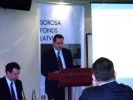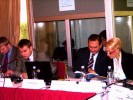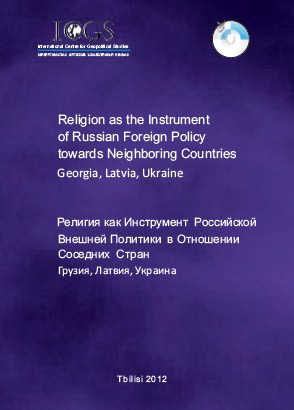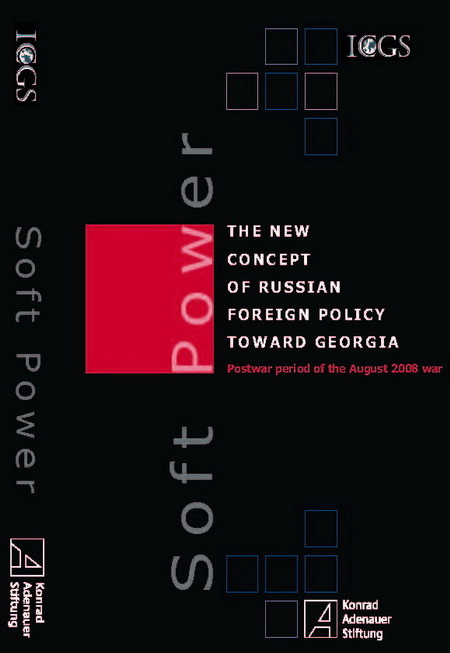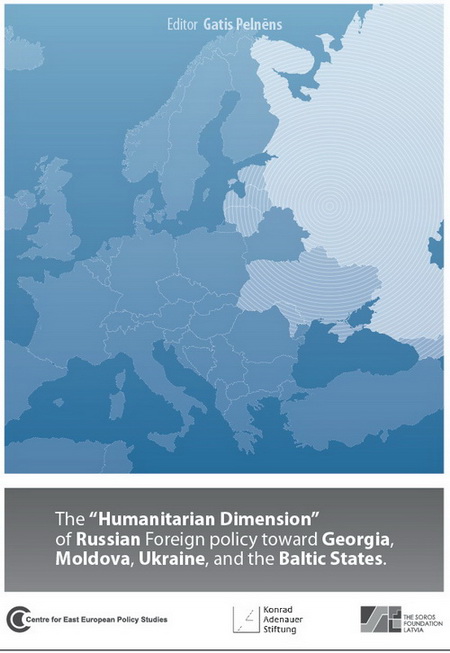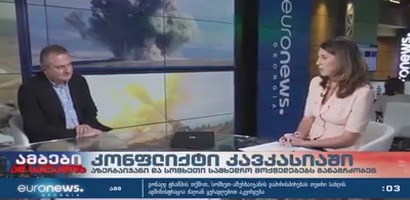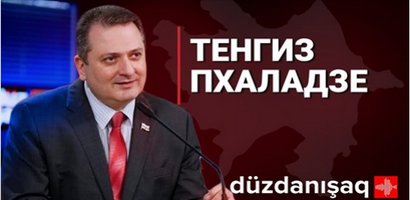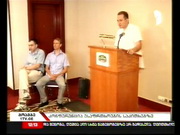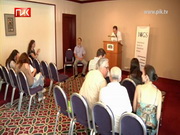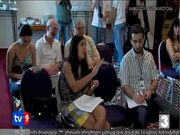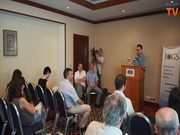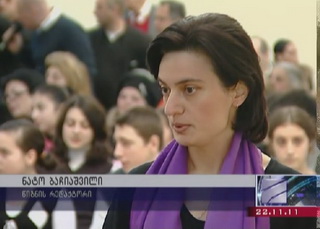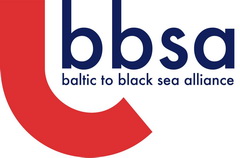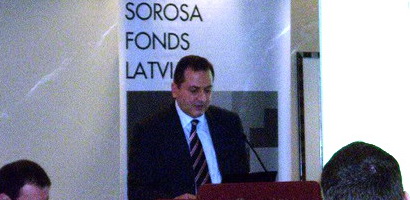 International research „The "Humanitarian Dimension" of Russian Foreign Policy toward Georgia, Moldova, Ukraine and the Baltic States” has been carried out.
International research „The "Humanitarian Dimension" of Russian Foreign Policy toward Georgia, Moldova, Ukraine and the Baltic States” has been carried out.
The research was initiated and supervised by Centre for East European Policy Studies (Latvia).
From the Georgian side research was conducted by International Centre for Geopolitical Studies.
The project was aimed at increasing awareness among policy makers and key groups in target countries regarding the need for a better understanding of and more closely coordinated policy regarding the Russia’s policy toward Russian compatriots living abroad.
The seven-months long researchers’ work has resulted in important conclusions summarized in five chapters of the research:
- Russian human rights practice;
- Russian policy towards compatriots residing abroad;
- Consular matters;
- Partnerships in the cultural and scientific sectors;
- Russian media in above mentioned countries.
An insight into conceptual statements of the research’s results:
Research in Russia’s foreign policy documents and practical implementation cases reveals Russia’s claim to the status of superpower. Gaining the status of a regional power in the post-Soviet space is the first step towards this goal. This assumption is supported by both the official directions of Russia’s foreign policy and the arsenal of its foreign policy instruments.
Russia has not rejected yet its idea on the “near abroad” as the zone of its exclusive interests.Russia increasingly demonstrates its intention to use the so called soft power in combination with the other tools of influence with the aim to support pro-Kremlin groups of interest in the CIS and Baltic countries.
Within Russia’s policy regarding the compatriots residing abroad, moral and legal arguments are prepared to favor Russia’s more intensive actions directed to achieving pro-Russia changes in the adjacent countries’ domestic policy.
On the international scene, Russia is declaring its determination to fight against violations of human rights in the CIS and Baltic countries, but in reality it struggles for strengthening of its influence in the post-Soviet space.
Being aware of the risks caused by Russia’s compatriots policy, it is important for the neighboring countries to step up the democratization and integration processes where external stimuli of the Europeanization process can make a significant contribution (regarding the CIS, the EU “Eastern Partnership” project is of particular importance).
The presentation of the international research „The ‘Humanitarian Dimension’ of Russian Foreign Policy toward Georgia, Moldova, Ukraine and the Baltic States” took place at 27 of November in Sheraton Metechi Palace, Tbilisi.
The organizer of the Tbilisi presentation was the International Centre for Geopolitical Studies (Georgia).
Supporters of the presentation – “Open Society Georgia Foundation” and “National endowment for Democracy (NED)”.
The final presentation of the research was held at 4 of December in Riga.
Exclusive
-
Tengiz Pkhaladze at TRT Word's TV Show: The Battle for Nagorno-Karabakh Armenia and Azerbaijan are again on the brink of war. The fighting...
-
Interview with Giorgi Kekelidze. Public Broadcaster www.facebook.com
-
Current goings-on in Government puts the publics' political maturity to the test Regarding the objects and tasks of the so called demarcation policy...
- 1
- 2
Latest Publication
* * *
* * *
* * *
